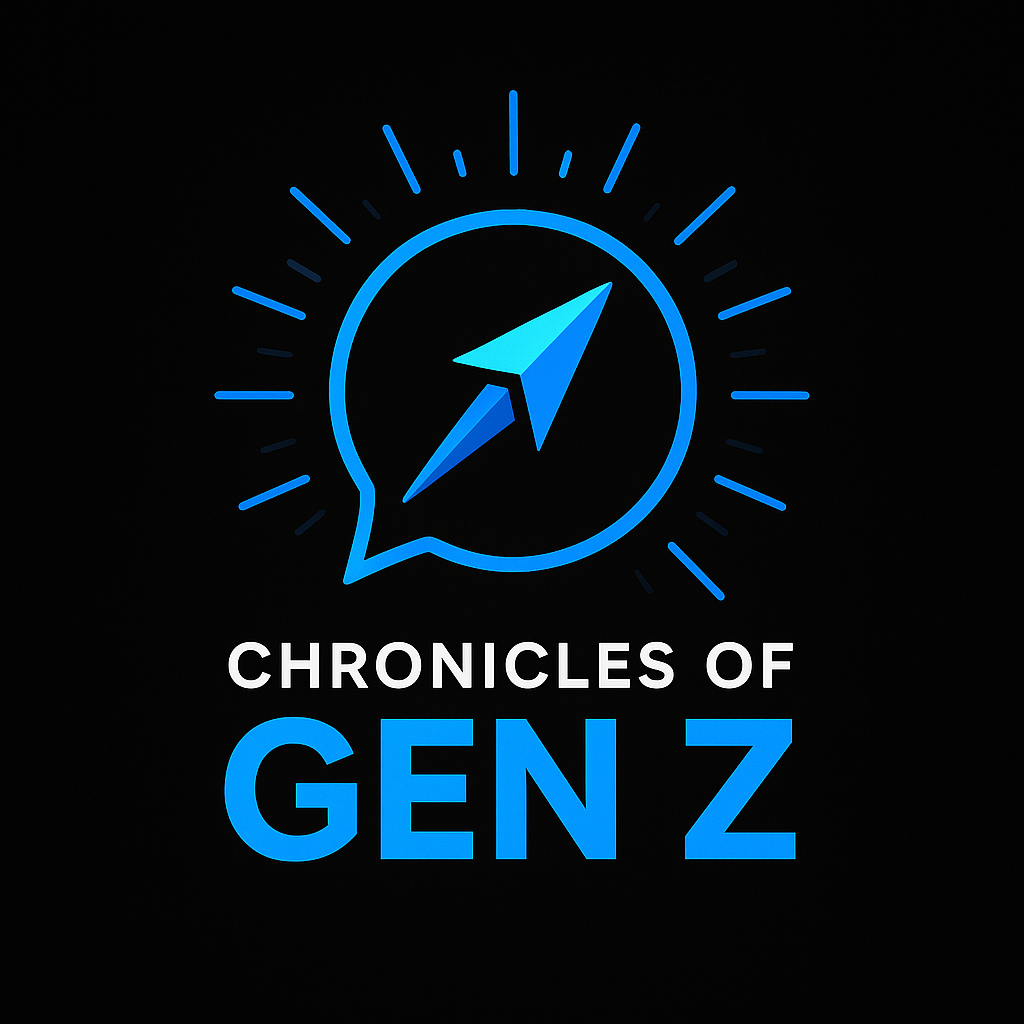This Wasn’t in the Posts I Read

One of the most stressful post-graduation experiences is job hunting. Sending hundreds of applications, tailoring dozens of messages, and watching my 21 years of learning dismissed in a five-second skim of my resume.
Applying for a job meant months of effort, only to be ghosted and rejected time and time again. Meanwhile, on LinkedIn, everyone seemed to be getting hired and promoted. Experts preached the "right way" to craft a CV, write a DM, and nail a cover letter. Recruiters posted about how much they care about applicants.
I tried it all.
Took all their advice.
Spent months doing it, tweaking the most minute details.
But nothing worked.
I thought I was the issue.
It was all I could think about.
And then I got my first job. Then a second. Then a third. Each transition still took months of work. Yes, it got easier with experience—but never as easy as everyone made it seem.
Here’s the thing: in today’s world, reality is rarely what we see. Online, it seems like everyone has it all figured out. Everyone sounds like an expert. But most of those claims are just that, claims.
1. Most people don’t have anything figured out.
Many of my friends, just like me, work a 9 to 5. Some work at the biggest corporations in the world. Others are at average ones, staying afloat with just enough pay. We rarely meet, but when we do, I’ve noticed one thing we all share: none of us really know what we want from the future. On our LinkedIn, those vulnerabilities would never see the light of day. There, we all seem to know exactly what we want. Yet, five minutes into an actual conversation, we seem to let it all out —that none of us feel at peace with where we are.
2. In my experience working with experts, most have no clue what they’re doing.
At my first job, I was the youngest person on the team. My managers had over a decade of experience on me. I was terrified I wouldn’t meet expectations. But soon, rather than learning from them, I spent most of my time consulting them and optimizing their processes. What they were great at was making people believe they knew what they were doing. They were so good at talking the talk. And many nowadays are like that, with all the tech tools at our fingertips, claiming to be an expert is so much easier.
The truth is, we’re constantly surrounded by filtered success stories—online, in conversations, even in the workplace. And those stories mess with us. They make us feel like we’re falling behind, like we’re the only ones who haven’t cracked the code. But in reality? Everyone’s just figuring it out. Most are simply better at faking it.
And that illusion doesn’t help anyone. It just makes it worse—for them, and for us.
So, the next time you’re applying for a job, and it feels never-ending, remember: you are not alone—I, at least, am with you.

Member discussion